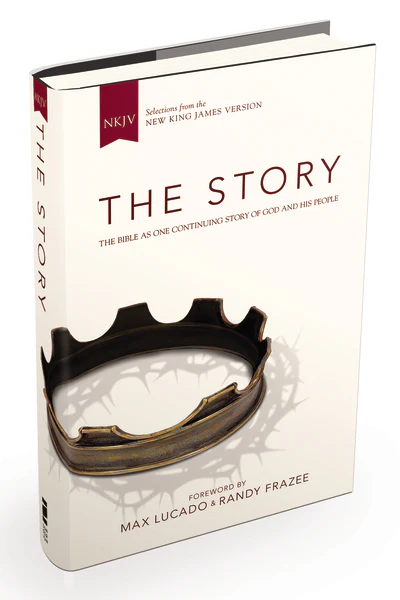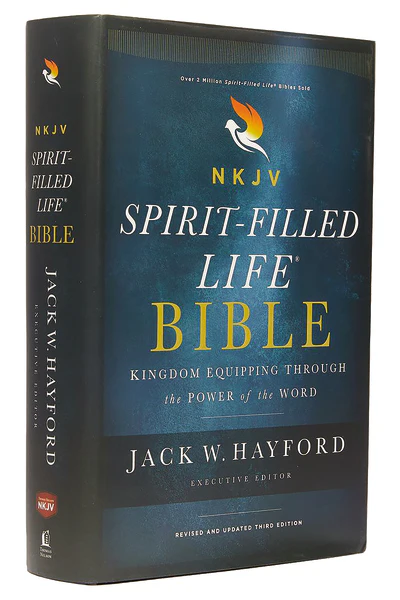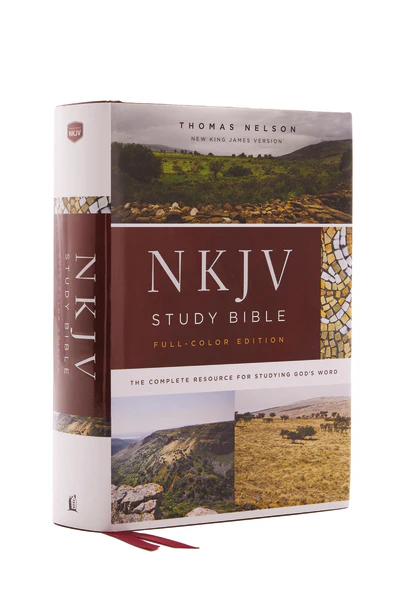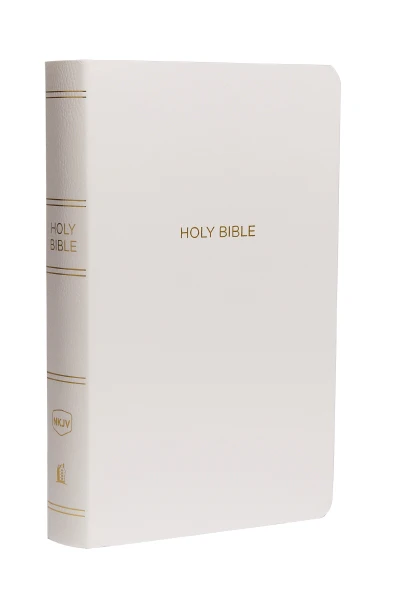2 Chronicles 30
New King James Version
Hezekiah Keeps the Passover
30 And Hezekiah sent to all Israel and Judah, and also wrote letters to Ephraim and Manasseh, that they should come to the house of the Lord at Jerusalem, to keep the Passover to the Lord God of Israel. 2 For the king and his leaders and all the assembly in Jerusalem had agreed to keep the Passover in the second (A)month. 3 For they could not keep it (B)at [a]the regular time, (C)because a sufficient number of priests had not consecrated themselves, nor had the people gathered together at Jerusalem. 4 And the matter pleased the king and all the assembly. 5 So they [b]resolved to make a proclamation throughout all Israel, from Beersheba to Dan, that they should come to keep the Passover to the Lord God of Israel at Jerusalem, since they had not done it for a long time in the prescribed manner.
6 Then the (D)runners went throughout all Israel and Judah with the letters from the king and his leaders, and spoke according to the command of the king: “Children of Israel, (E)return to the Lord God of Abraham, Isaac, and Israel; then He will return to the remnant of you who have escaped from the hand of (F)the kings of (G)Assyria. 7 And do not be (H)like your fathers and your brethren, who trespassed against the Lord God of their fathers, so that He (I)gave them up to (J)desolation, as you see. 8 Now do not be (K)stiff-necked,[c] as your fathers were, but yield yourselves to the Lord; and enter His sanctuary, which He has sanctified forever, and serve the Lord your God, (L)that the fierceness of His wrath may turn away from you. 9 For if you return to the Lord, your brethren and your children will be treated with (M)compassion by those who lead them captive, so that they may come back to this land; for the Lord your God is (N)gracious and merciful, and will not turn His face from you if you (O)return to Him.”
10 So the runners passed from city to city through the country of Ephraim and Manasseh, as far as Zebulun; but (P)they laughed at them and mocked them. 11 Nevertheless (Q)some from Asher, Manasseh, and Zebulun humbled themselves and came to Jerusalem. 12 Also (R)the hand of God was on Judah to give them singleness of heart to obey the command of the king and the leaders, (S)at the word of the Lord.
13 Now many people, a very great assembly, gathered at Jerusalem to keep the Feast of (T)Unleavened Bread in the second month. 14 They arose and took away the (U)altars that were in Jerusalem, and they took away all the incense altars and cast them into the Brook (V)Kidron. 15 Then they slaughtered the Passover lambs on the fourteenth day of the second month. The priests and the Levites [d]were (W)ashamed, and [e]sanctified themselves, and brought the burnt offerings to the house of the Lord. 16 They stood in their (X)place [f]according to their custom, according to the Law of Moses the man of God; the priests sprinkled the blood received from the hand of the Levites. 17 For there were many in the assembly who had not [g]sanctified themselves; (Y)therefore the Levites had charge of the slaughter of the Passover lambs for everyone who was not clean, to sanctify them to the Lord. 18 For a multitude of the people, (Z)many from Ephraim, Manasseh, Issachar, and Zebulun, had not cleansed themselves, (AA)yet they ate the Passover contrary to what was written. But Hezekiah prayed for them, saying, “May the good Lord provide atonement for everyone 19 who (AB)prepares his heart to seek God, the Lord God of his fathers, though he is not cleansed according to the purification of the sanctuary.” 20 And the Lord listened to Hezekiah and healed the people.
21 So the children of Israel who were present at Jerusalem kept (AC)the Feast of Unleavened Bread seven days with great gladness; and the Levites and the priests praised the Lord day by day, singing to the Lord, accompanied by loud instruments. 22 And Hezekiah gave encouragement to all the Levites (AD)who taught the good knowledge of the Lord; and they ate throughout the feast seven days, offering peace offerings and (AE)making confession to the Lord God of their fathers.
23 Then the whole assembly agreed to keep the feast (AF)another seven days, and they kept it another seven days with gladness. 24 For Hezekiah king of Judah (AG)gave to the assembly a thousand bulls and seven thousand sheep, and the leaders gave to the assembly a thousand bulls and ten thousand sheep; and a great number of priests (AH)sanctified[h] themselves. 25 The whole assembly of Judah rejoiced, also the priests and Levites, all the assembly that came from Israel, the sojourners (AI)who came from the land of Israel, and those who dwelt in Judah. 26 So there was great joy in Jerusalem, for since the time of (AJ)Solomon the son of David, king of Israel, there had been nothing like this in Jerusalem. 27 Then the priests, the Levites, arose and (AK)blessed the people, and their voice was heard; and their prayer came up to (AL)His holy dwelling place, to heaven.
Footnotes
- 2 Chronicles 30:3 The first month, Lev. 23:5; lit. that time
- 2 Chronicles 30:5 established a decree to
- 2 Chronicles 30:8 Rebellious
- 2 Chronicles 30:15 humbled themselves
- 2 Chronicles 30:15 set themselves apart
- 2 Chronicles 30:16 Or in their proper order
- 2 Chronicles 30:17 consecrated
- 2 Chronicles 30:24 consecrated
Hebrews 6:13-19
New King James Version
God’s Infallible Purpose in Christ
13 For when God made a promise to Abraham, because He could swear by no one greater, (A)He swore by Himself, 14 saying, (B)“Surely blessing I will bless you, and multiplying I will multiply you.” 15 And so, after he had patiently endured, he obtained the (C)promise. 16 For men indeed swear by the greater, and (D)an oath for confirmation is for them an end of all dispute. 17 Thus God, determining to show more abundantly to (E)the heirs of promise (F)the [a]immutability of His counsel, [b]confirmed it by an oath, 18 that by two [c]immutable things, in which it is impossible for God to (G)lie, we [d]might have strong consolation, who have fled for refuge to lay hold of the hope (H)set before us.
19 This hope we have as an anchor of the soul, both sure and steadfast, (I)and which enters the Presence behind the veil,
Read full chapterFootnotes
- Hebrews 6:17 unchangeableness of His purpose
- Hebrews 6:17 guaranteed
- Hebrews 6:18 unchangeable
- Hebrews 6:18 M omits might
Hebrews 7:1-10
New King James Version
The King of Righteousness(A)
7 For this (B)Melchizedek, king of Salem, priest of the Most High God, who met Abraham returning from the slaughter of the kings and blessed him, 2 to whom also Abraham gave a tenth part of all, first being translated “king of righteousness,” and then also king of Salem, meaning “king of peace,” 3 without father, without mother, without genealogy, having neither beginning of days nor end of life, but made like the Son of God, remains a priest continually.
4 Now consider how great this man was, to whom even the patriarch Abraham gave a tenth of the [a]spoils. 5 And indeed (C)those who are of the sons of Levi, who receive the priesthood, have a commandment to receive tithes from the people according to the law, that is, from their brethren, though they have come from the loins of Abraham; 6 but he whose genealogy is not derived from them received tithes from Abraham (D)and blessed (E)him who had the promises. 7 Now beyond all contradiction the lesser is blessed by the better. 8 Here mortal men receive tithes, but there he receives them, (F)of whom it is witnessed that he lives. 9 Even Levi, who receives tithes, paid tithes through Abraham, so to speak, 10 for he was still in the loins of his father when Melchizedek met him.
Read full chapterFootnotes
- Hebrews 7:4 plunder
Scripture taken from the New King James Version®. Copyright © 1982 by Thomas Nelson. Used by permission. All rights reserved.
Bible Gateway Recommends






